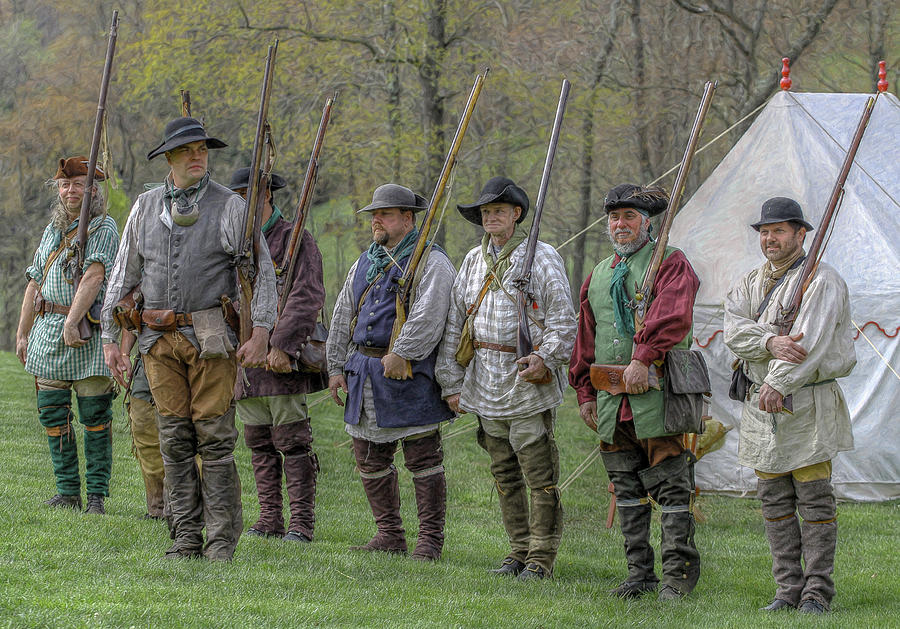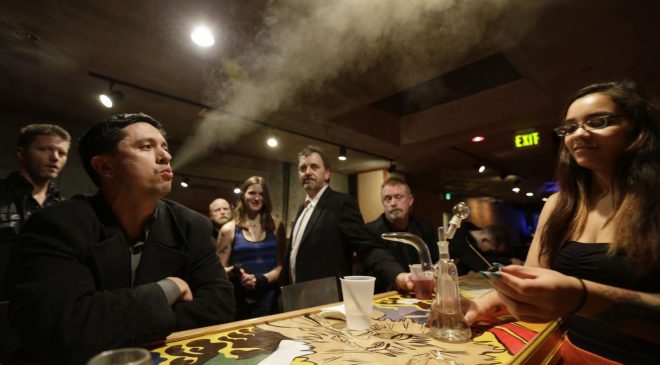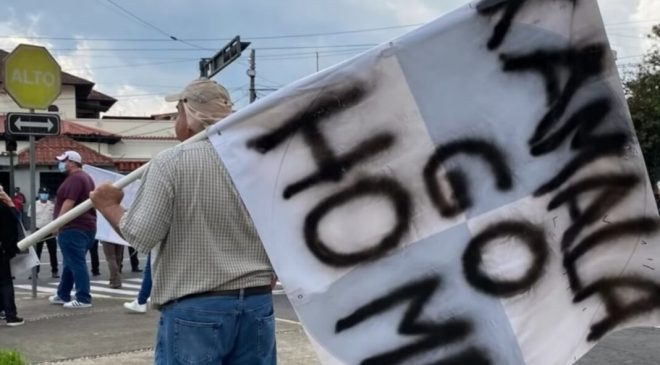The emotionally driven “we can’t just do nothing” crowd is dragging out the very ambiguous “militia” wording in the Constitution’s Bill of Rights, 2nd Amendment. The Amendment reads, “A well regulated Militia, being necessary to the security of a free State, the right of the people to keep and bear Arms, shall not be infringed.” There is, to my knowledge, no definition of “Militia” in the Constitution. Furthermore, the addition of the dependent preambulatory clause, and the last comma render the passage ungrammatical.
Lacking a definition, the word and the clause in which it resides, is not definitive. An important distinction, however, since words have meaning, was that militia was distinguished by the founders from a “standing military.” A militia referred to all men who were capable of responding to a fight. Militias had no central authority who could issue them arms. The only arms that a militia could muster were those owned privately by the citizenry. The maintenance of a militia, on call, was only one of the reasons for banning infringement on “the right of the people to keep and bear Arms.” The clause containing that wording is in an independent clause, wording that stands on its own as a complete sentence, despite other wording in other clauses.
A composition fallacy cannot be used to say that militia means National Guard, either. Militias are not subsidiary to the command structure of the standing military. National Guard units, on the other hand, are.
Lastly, the Ninth Amendment to the Constitution says, “The enumeration in the Constitution, of certain rights, shall not be construed to deny or disparage others retained by the people.” The meaning, among others, is that no Amendment can be construed to limit rights of individuals. There can be no requirement for an individual to be affiliated with any military or quasi-military in order to retain a non-infringe-able capacity.
— Kilgore Forelle




